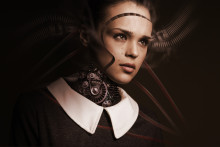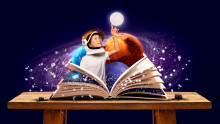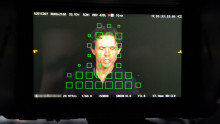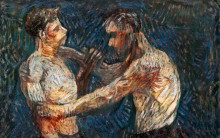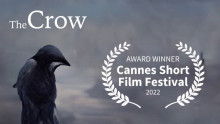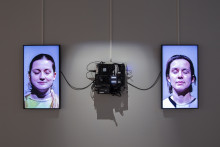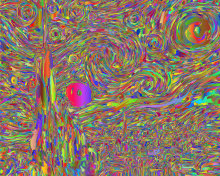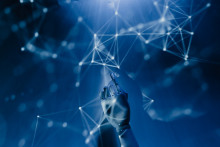Zadie Smith, Stephen King and Rachel Cusk’s pirated works used to train AI
Works by thousands of authors also including Margaret Atwood, Haruki Murakami and Jonathan Franzen fed into models run by firms including Meta and Bloomberg
Zadie Smith, Stephen King, Rachel Cusk and Elena Ferrante are among thousands of authors whose pirated works have been used to train artificial intelligence tools, a story in The Atlantic has revealed.
More than 170,000 titles were fed into models run by companies including Meta and Bloomberg, according to an analysis of “Books3” – the dataset harnessed by the firms to build their AI tools.
